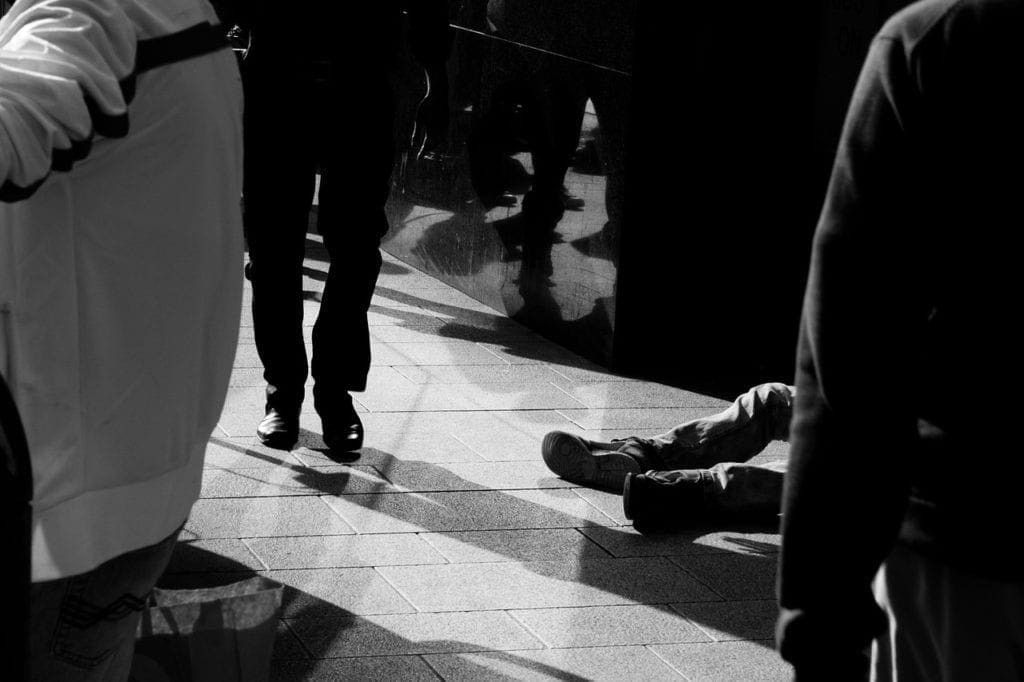California continues to struggle to deal with its homeless problem, but while even county and local officials admit that government-imposed housing regulations are worsening the situation, the state continues to allocate millions in taxpayer-backed funds to cities for the implementation of programs that “fight” homelessness.
But is there a real solution that wouldn’t involve looking at homelessness’ root causes?

As part of this campaign, the Los Angeles Services Authority (LAHSA) has been working on developing expensive housing to thousands of homeless residents. Unfortunately, simply housing them in brand-new apartments isn’t working, as this series of Los Angeles Times articles have shown. But despite the city’s failures to address the problem, the Los Angeles City Parks Commission announced recently that the Griffith Park in the trendy neighborhood of Los Feliz is going to get a temporary homeless shelter. The structure would be located on the southern end of Griffith Park, the home to the historic Griffith observatory and a favorite hot spot for tourists trying to take a photo under the Hollywood sign.
The temporary shelter is expected to house only 100 people and cost $4.6 million. It will be built just south of the Griffith Park Recreation Center and it’s part of the “Bridge Home” program.
Unveiled by L.A. Mayor Eric Garcetti in 2018, the effort is meant to put up two dozen temporary shelters for the homeless across the city. But while a total of five shelters are already in use, there is only so much that temporary housing can do.
A Crisis That Goes Way Back
California’s homelessness problem is one that can only be explained when you step back and look at the state’s history of meddling with the housing industry.
While the federal government also has housing regulations in place, state and local officials have long subsidized, regulated, and used restrictive urban planning policies that made housing in urban areas prohibitively expensive to low- and middle-income families and individuals.
These policies are often meant to hurt the poor, as it is only the rich and connected who manage to successfully lobby lawmakers to impose restrictions that insulate them from seeing their neighborhoods change as the demand for more housing increases. And as housing becomes increasingly restrictive, the number of people unable to afford a roof over their heads grows. That coupled with other policies such as the high minimum wage also helped to push the working poor out of the state.
Who’s left behind? The millionaires, who can afford to live in a reality far removed from what the working class experiences, as well as those who have called the streets their home.
In any case, cities like Los Angeles and San Francisco are on the verge of collapse, with rare diseases such as typhoid fever and, some experts say, the bubonic plague, making a come back.
If the goal is to make housing affordable again, and give entrepreneurs incentives to work to truly address the homelessness, California and local city officials should roll back its regulations and minimum wage law, especially if they want the unskilled and poor to get back on their feet.

























